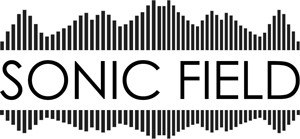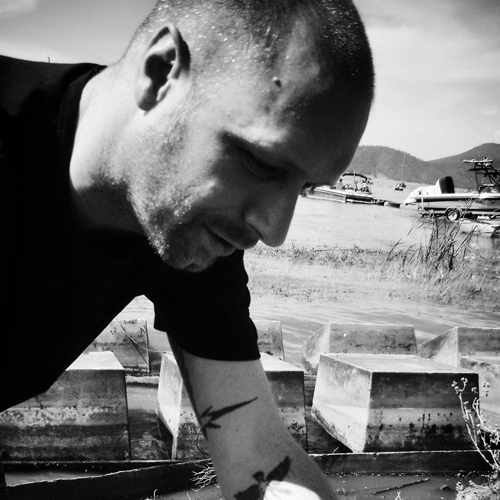Letter from Simon Whetham
Recently I received a letter from Simon Whetham about some articles and topics featured here in The Field Reporter as well as in our Facebook page. Simon has been heavily involved with publications, concerts installations and workshops regarding the action of listening and recording sounds over the past 8 years so I thought it could be interesting to make this message public and see how it adds to the emergence of a phonographic and concrete discourse that The Field Reporter has been trying to encourage.
I note that The Field Reporter only claims responsibility for the material written by its editorial team but I feel that is helpful and valid to feature external opinions imprinted in our journal through interviews and guest writers.
In regard of the messages exchange that Simon refers to I would like to welcome our readers to join us in Facebook and Twitter and use those communities to give your opinion and build up a discussion towards the topic of listening, recording and using their experience and archive to make art and music.
-David Velez
‘A response to recent reviews/comments…
I am slightly guilty in not having been subscribed to ‘The Field Reporter’ until 3 days ago. Of course I dip in now and then to read the reviews and comments (and not just about my own work – please don’t assume that!), but as we all probably are, I am extremely busy with my own work and life in general.
I took more of an interest recently with Edu Comelles ‘best of 2012’ comments. He raised some interesting points, which were then discussed at some depth on Facebook, and then it seems not at all on this site. As I pointed out in the discussion, there are a number of subscribers to TFR who are not on Facebook, so they completely missed out on the exchanges!
Firstly I’m not so sure that 90% of the albums that featured field recordings – in the all-encompassing approach this refers to – feature the nature sounds that Edu refers to. Even looking back through the releases of Impulsive Habitat, for example, you can see this is not the case. But even if this is the case, surely the reason for this would be to escape the exact sounds that Edu would like to hear in releases – Supermarkets? Shopping centres? Busy streets maybe? The exact same thing most of us have to deal with in everyday life? Yeah, give me some of those albums, please!!
Along these lines, there is currently a discussion in the Yahoo Phonography Group which is asking questions about location recordings being listened to in the same location. This is an interesting approach, although again nothing new.
However, surely the intention of a recordist who publishes work recorded in Antarctica or Amazonas is to present sounds that most of us will never hear in any other way. This is not to say any sound of any remote location is interesting – far from it – but to dismiss these works as cliched and dull is a little ridiculous.
The trend I would question more is the ‘ambient drone with random field recordings’ approach, which I must admit I have been guilty of – although in my defence, the drones are captured or created with site-specific recordings, they are not just arbitrarily combined. This ‘genre’ is completely over-saturated in my opinion, yet no-one seems to question this…
Moving on to two recent reviews, we have an album (actually a double) from Lawrence English that features recordings of non-human environments, which receives a glowing review and asks a question regarding the context of the sounds presented. This is quickly followed by Peter Cusack’s highly personal collection of field recordings, which is negatively criticised for many things – one being that it is nothing new.*
I am going to be completely honest here and say that although I understand what Peter is presenting, this is not an album that interests me in any way, but for me his work has more substance than Lawrence’s. He has compiled an album that he feels needs to be heard, the recordings having a personal resonance for him – something we must all feel, otherwise why work with field recordings? Whether this resonance can then be felt by another listener is something that we all have to consider also.
* One needs to remember that when they began field recording, every single sound became interesting in some way. With time and experience, and hearing work by others going back 20 years or more, (hopefully) you come to realise what will be interesting and intriguing for a listener, not just yourself. Personally I love the look on people’s faces when they hear a contact mic in use for the first time – it reminds me why I do this!’
-Simon Whetham
January 2013, Medellín, Colombia


